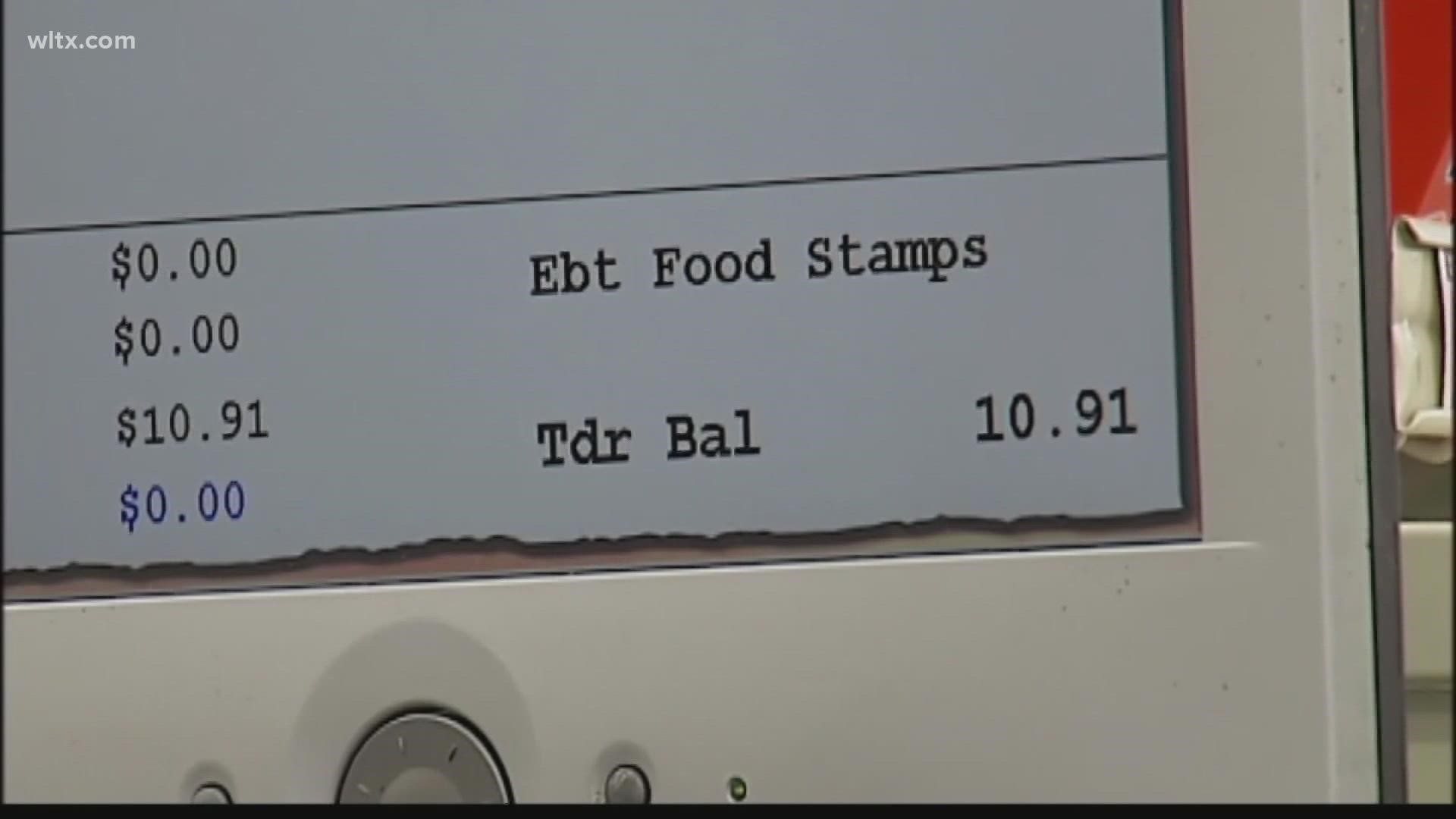COLUMBIA, S.C. — The South Carolina Department of Social Services (DSS) is asking for millions in the 2023-2024 state budget to upgrade its aging computer system that processes food stamp benefits.
According to DSS, 305,000 South Carolina households a month rely on the aging system, which processes nearly $2 billion worth of SNAP payments each year.
"It's a legacy mainframe, it is tough, downright difficult to repair or make changes," said Director of Communications and External Affairs Connelly-Anne Ragley.
Ragley said often times programmers needed to work on the system are unavailable or retired and changes to the system are costly.
She added the new system will hopefully improve experiences for applicants and employees.
"We're hoping it will improve client experience, as well as benefit our timeliness because we have certain rates that we need to meet for the federal government, as well as improve program integrity," said Ragley. "Just making sure that it is effective and efficient. And also reducing current risk that that the state faces by using this old antiquated system."
According to DSS, replacing the system is expected to cost $60 to $80 million and would take about four years to complete.
By securing state funding, Ragley explained the agency will be able to get additional funding from the federal government, which will pay for nearly half the cost of the project.
The agency is also asking for $5 million to continue their Healthy Bucks Program, which helps provide access to fresh fruits and vegetables for SNAP users.
The program allows SNAP recipients who use $5 in SNAP benefits to purchase fresh fruits and vegetables at participating vendors to get a coupon for an additional $15 in fruits and vegetables.
"The fund is projected to be depleted by the end of 2023 that's why its critical that this legislature passes and approves this proviso," said Wholespire Director Meg Stanley.
The Healthy Bucks program started in 2012 with $1.9 million federal money through a proviso.
The program is available in 30 counties at 49 farmers markets, roadside stands and bulk-buying co-ops.
According to Stanley, the number of people participating in the program has continued to grow.
"It is also influential in our local economy of our farmers who really depend upon people buying their produce," said Stanley.
The agency is also asking for money to raise foster parent board rates in addition to raising provider rates for some group care providers throughout the state.

